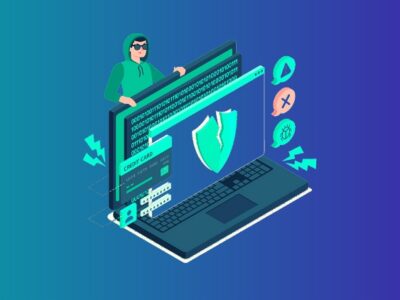
Overview
Course Title: Linux Administration
Course Description:
The Linux Administration course is designed to provide students with a comprehensive understanding of Linux operating systems and the skills required to effectively administer and manage them in a professional environment. The course covers essential topics ranging from basic system concepts to advanced administration techniques, ensuring that students gain practical knowledge and hands-on experience in Linux system administration.
Course Objectives:
1. Linux Fundamentals: Introduce students to the basic concepts of Linux, including its history, architecture, and key components.
2. Installation and Configuration: Guide students through the installation process and teach them how to configure various aspects of the Linux system to meet specific requirements.
3. User and Group Management: Teach students how to create, manage, and secure user accounts and groups, and implement appropriate access controls.
4. File System Management: Cover the organization and management of the Linux file system, including disk management, partitioning, and file permissions.
5. Process Management: Explain process management, including process monitoring, prioritization, and termination.
6. System Security: Focus on securing the Linux system by implementing firewalls, access controls, and encryption techniques.
7. Network Configuration: Provide students with the skills to configure network interfaces, manage network connections, and troubleshoot network-related issues.
8. Package Management: Introduce package managers and demonstrate how to install, update, and remove software packages.
9. Shell Scripting: Familiarize students with bash scripting, enabling them to automate routine tasks and create custom scripts.
10. System Monitoring and Performance Tuning: Teach students how to monitor system performance and troubleshoot performance-related problems.
11. Backup and Recovery: Discuss backup strategies and demonstrate various backup and recovery methods to safeguard data.
12. Virtualization: Introduce virtualization concepts and tools to enable students to set up and manage virtual machines.
13. Server Configuration: Cover the configuration of common Linux server services such as web servers, file servers, and DNS servers.
14. Troubleshooting: Equip students with effective troubleshooting methodologies to identify and resolve system issues efficiently.
Course Format:
The Linux Administration course may be delivered in various formats, such as:
– Instructor-led classroom training
– Online virtual classrooms
– Self-paced e-learning modules
– Hands-on lab exercises and practical assignments
Target Audience:
The course is suitable for IT professionals, system administrators, network administrators, and anyone interested in mastering Linux system administration skills.
Prerequisites:
Basic computer literacy and familiarity with operating systems are recommended. Prior experience with Linux is helpful but not mandatory.
By the end of the Linux Administration course, participants should possess the knowledge and skills needed to confidently manage Linux-based systems and servers, making them valuable assets in the IT industry.
Course Features
- Lectures 4
- Quizzes 0
- Duration 10 weeks
- Skill level All levels
- Language English
- Students 0
- Certificate No
- Assessments Yes
Curriculum
Instructor
Reviews
Requirements
- Fsc pass




